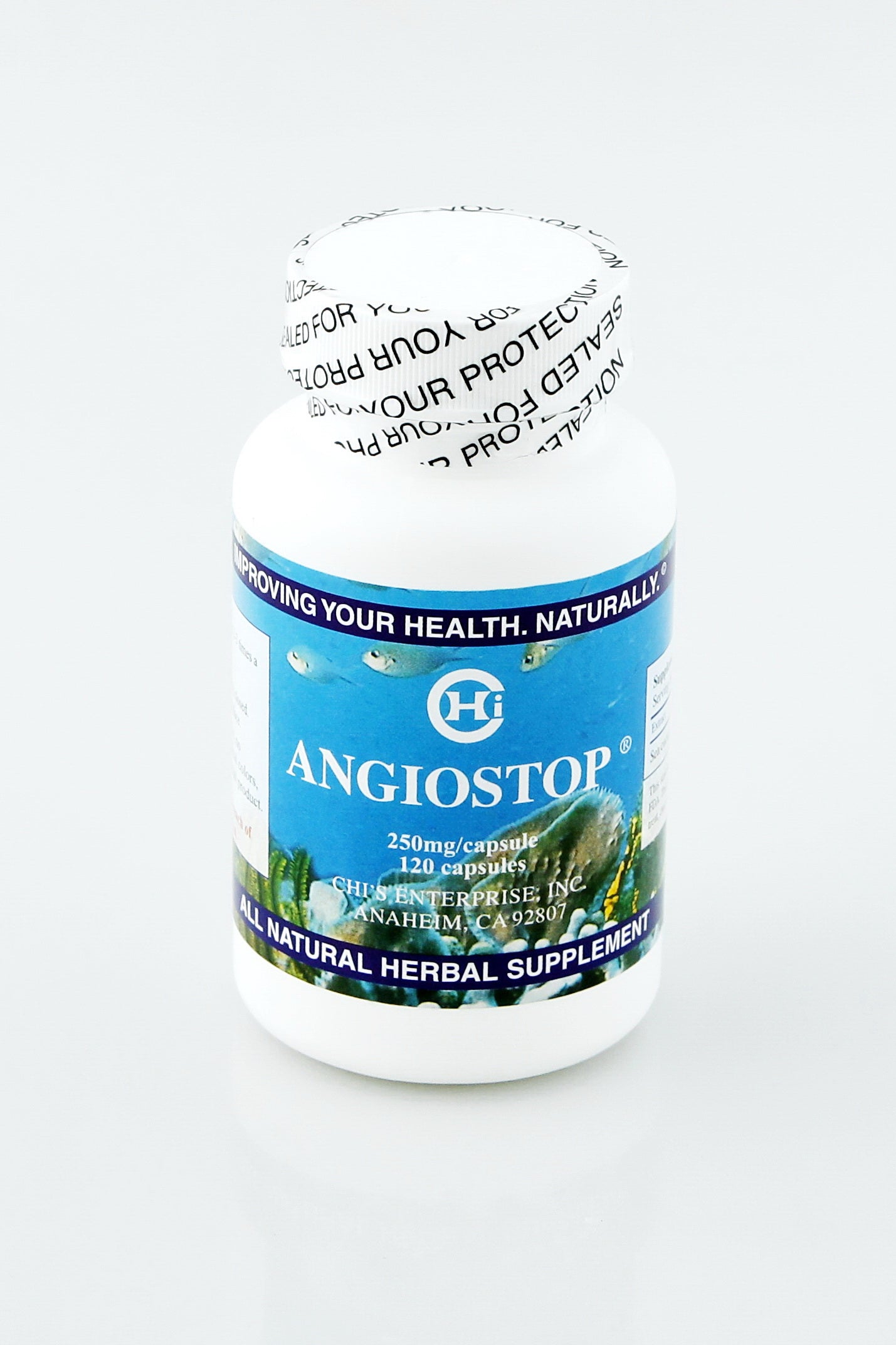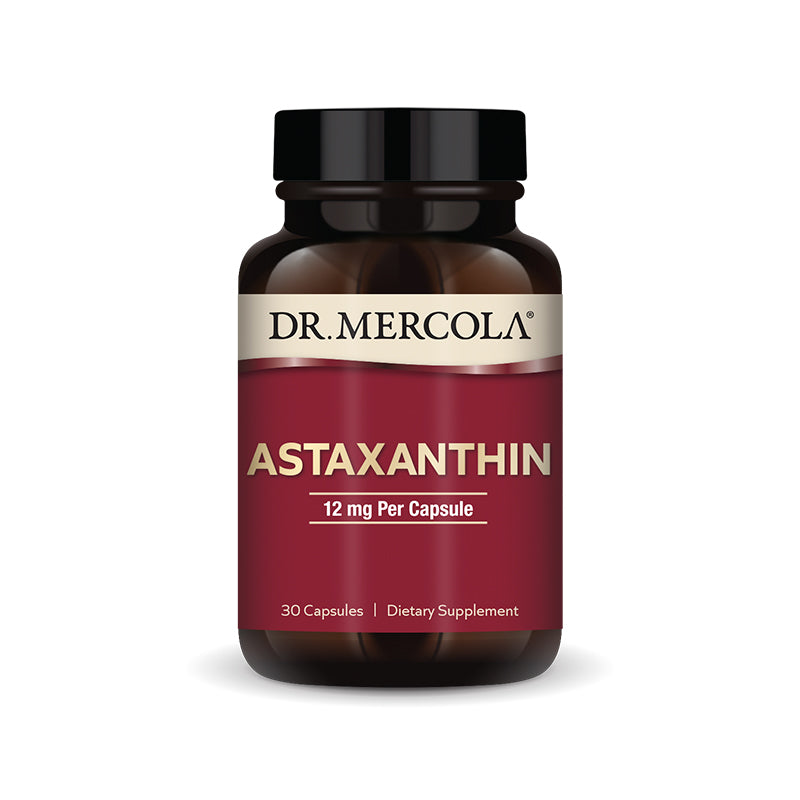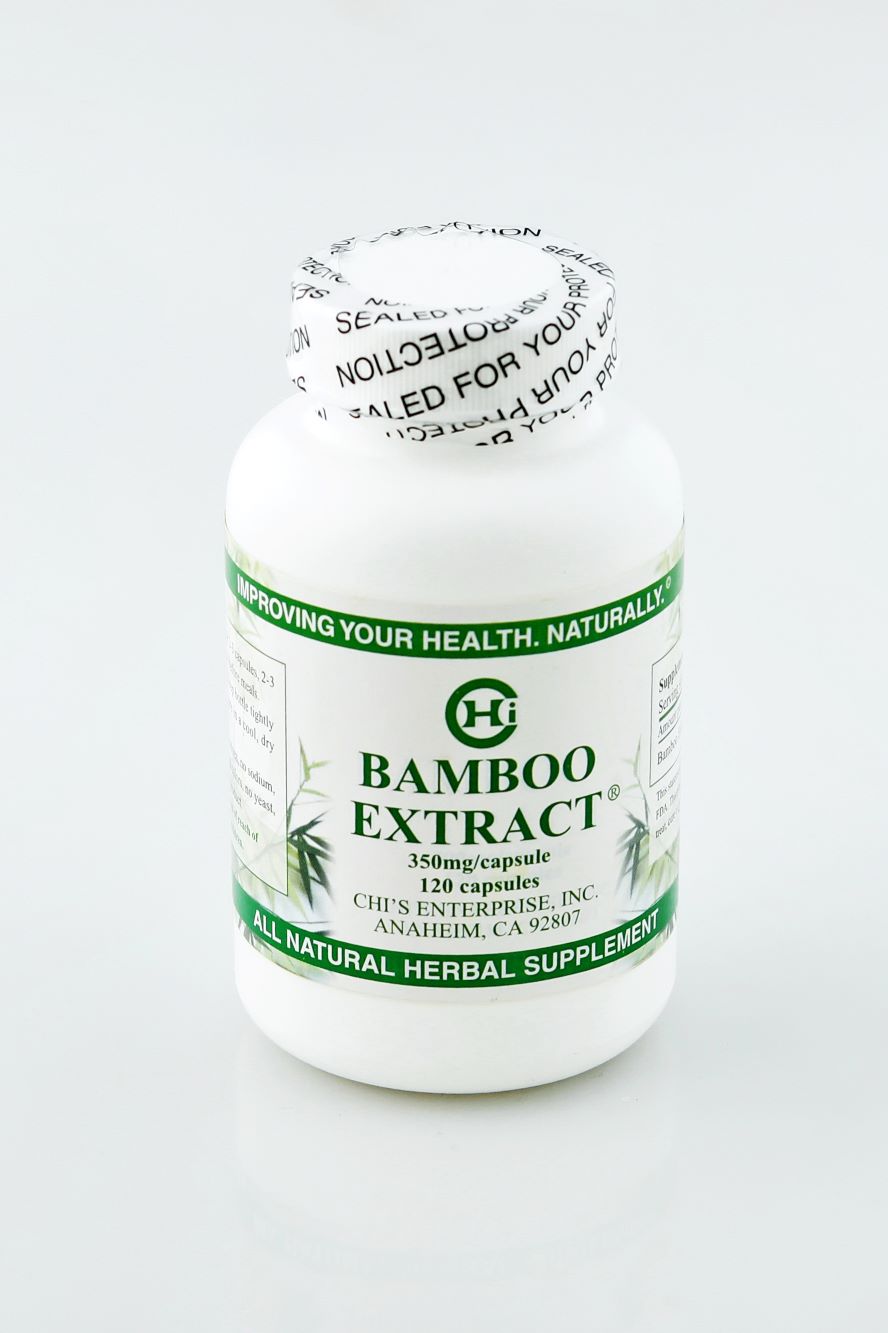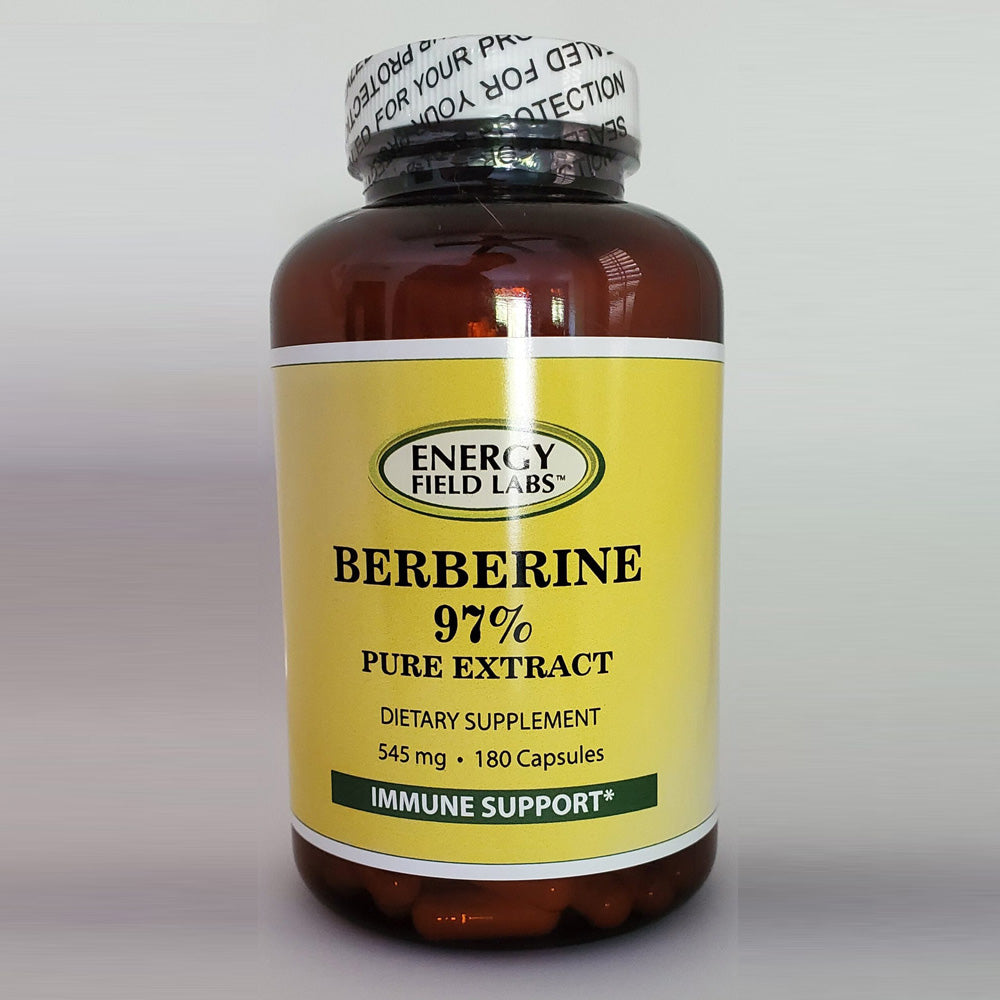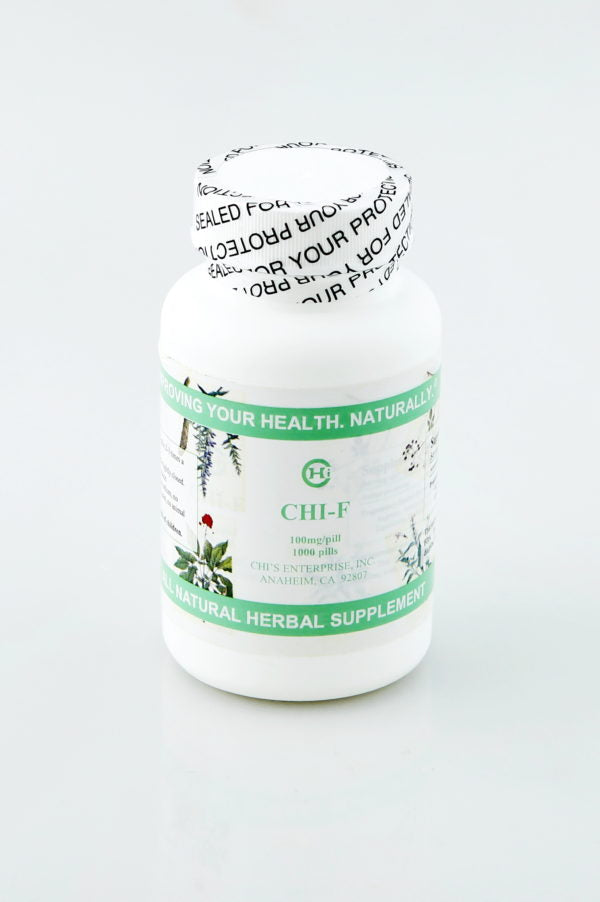by Glen Depke
I know, we are all told of the good that is provided by genetically modified organisms (GMO). The pros that are described in different areas are as listed below:
- Crops
- Enhanced taste and quality
- Reduced maturation time
- Increased nutrients, yields, and stress tolerance
- Improved resistance to disease, pests, and herbicides
- New products and growing techniques
- Animals
- Increased resistance, productivity, hardiness, and feed efficiency
- Better yields of meat, eggs, and milk
- Improved animal health and diagnostic methods
- Environment
- “Friendly” bioherbicides and bioinsecticides
- Conservation of soil, water, and energy
- Bioprocessing for forestry products
- Better natural waste management
- More efficient processing
-
Society
- Increased food security for growing population
I know all of this sounds like it could and should be a great idea, but it comes at a price. The scary aspect is that we still do not even know the extent of the price we are paying because we are in essence an ongoing experiment.
Yes, we are! That means you and me, our friends and those that we love. If it does not sound scary, it should.
Here are some of the cons:
- Safety
- Potential human health impacts, including allergens, transfer of antibiotic resistance markers, unknown effects
- Potential environmental impacts, including: unintended transfer of transgenes through cross-pollination, unknown effects on other organisms (e.g., soil microbes), and loss of flora and fauna biodiversity Access and Intellectual Property
- Domination of world food production by a few companies
- Increasing dependence on industrialized nations by developing countries
- Biopiracy, or foreign exploitation of natural resources
- Ethics
- Violation of natural organisms’ intrinsic values
- Tampering with nature by mixing genes among species
- Objections to consuming animal genes in plants and vice versa
- Stress for animal
- Labeling
- Not mandatory in some countries (e.g., United States)
- Mixing GM crops with non-GM products confounds labeling attempts
- Society
- New advances may be skewed to interests of rich countries
I can share first hand from my own personal experience as well as my work with clients, the challenges created by GMO’s.
Three of the top GMO foods we consume with some regularity are wheat, corn and soy. These are three nutritional choices that are wreaking havoc on our society today. You might think these are natural wholesome foods, but it truly cannot be furture from the truth.
These foods are three of the top ten that I see my clients, even myself personally, creating an immune system reaction. This is when your own body’s immune system is attacking a food that you eat because it is no longer recognized as food or your small intestines are damaged and allowing whole food particles into your blood stream. Either way, the long term expression of this is inflammation and autoimmunity and these are two factors that are recognized with regularity in regard to chronic illness. I see this with regularity in my practice.
In the end, eat real food as it was created or has evolved for us. We, as people, think we can do better but we are proving very quickly that this simply is not true.
Now you know why I say (LOL!) when talking about GMO foods!

